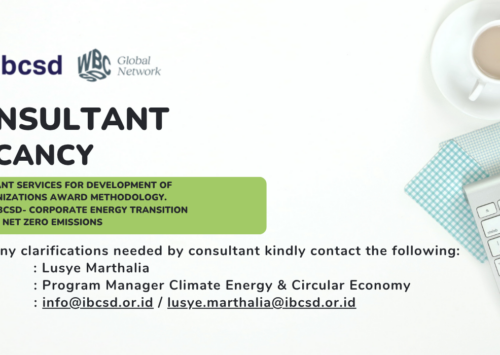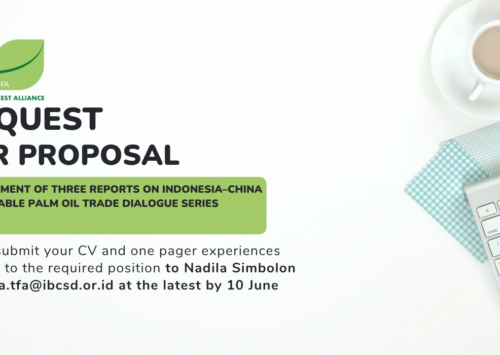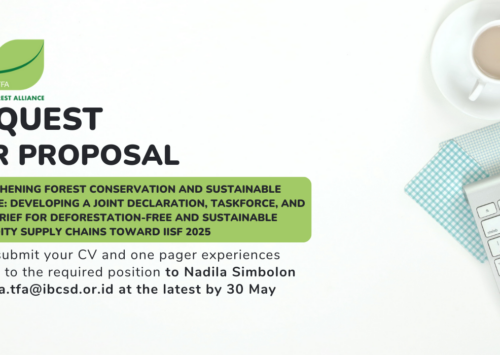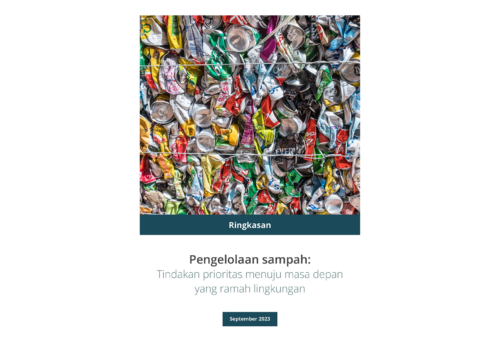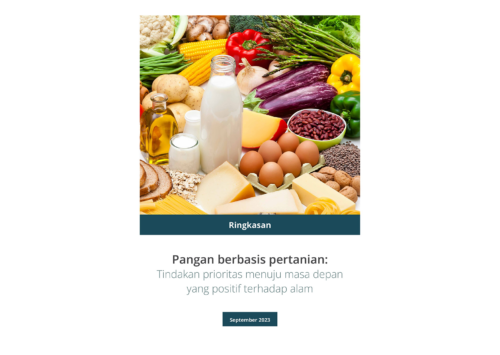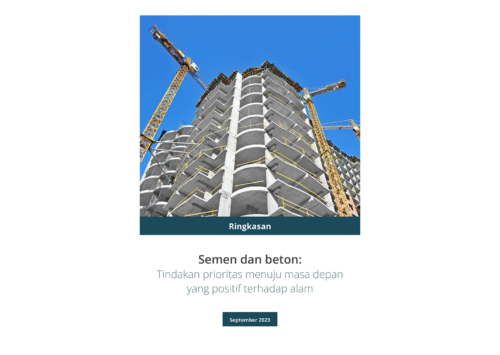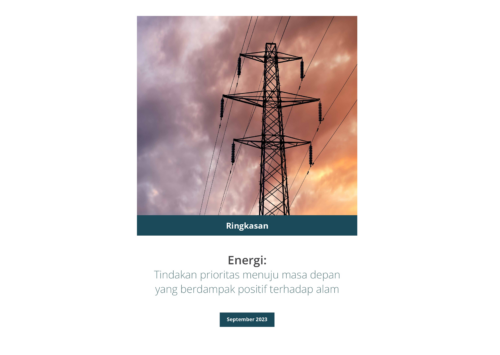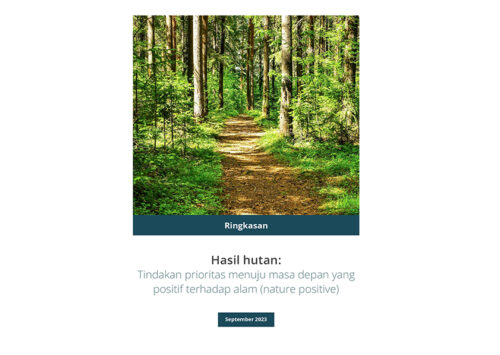Jakarta, January 25, 2022 – 22 businesses participated in the Business and Human Rights Risk Assessment Training or PRISMA with the Directorate General of Human Rights, Ministry of Law and Human Rights. The training was initiated by the Indonesia Business Council for Sustainable Development (IBCSD) and the Raoul Wallenberg Institute (RWI) to encourage business awareness to uphold human rights and avoid violations in supply chain operations.
Secretary of the Directorate General of Human Rights at the Ministry of Law and Human Rights, Bambang Iriana Djajaatmadja, emphasized that upholding human rights norms is a long-term investment in building a sustainable and robust business. “We have 13 indicators to help companies analyze the risk of alleged human rights violations. From business activities by mapping the real conditions, developing follow-up plans, tracking the implementation of follow-up actions, and communicating this series to the public,” said Bambang in the first training, which took place at the JS Luwansa Hotel, January 13, 2022.
Director of Human Rights Cooperation of the Ministry of Law and Human Rights, Hajerati explained that the indicators were listed in the website-based PRISMA application. The businesses only need to go to the website and register. Then you’ll get a confirmation email and should begin answering questions about the company’s profile, practices, and human rights impact on the company. Following completion, the corporation will view the business risk and human rights assessment scores based on applicable standards. There are threescore categories: Not Enough (0-43.67%), Quite Appropriate (43.68-87.33%), and Appropriate (87.34-131%).
Hajerati hopes to offer a certificate as proof of the company’s contribution to realizing human rights concerns. “There is no reason to be concerned when filling out PRISMA data because it is for the benefit of the business,” she explained.
On Tuesday, January 25, 2022, at the second session, various businesses representatives shared their thoughts and suggestions on the applications they had attempted to complete. Fiki, one of the volunteers who completed the PRISMA application in 25 minutes, stated, “The process is simple, and the data needed is not complex.” Fiki expects that the government will provide certificates or rewards to businesses that have voluntarily filled out the application.
Radu Mares, Senior Researcher at RWI, and Victor Bernard, Program Officer at RWI, emphasized the importance of implementing Human Rights and Environmental Sustainability because more than 150 constitutions worldwide acknowledge the Right to a Healthy Environment including Indonesia’s. “A healthy economy and environment are critical to corporate operations.” If corporations become more aware of their long-term impact on the environment, they will be more committed to conserving and restoring it. As a result, an increasing number of businesses are considering human rights and the environment as crucial performance factors.
With multi-stakeholder collaboration, IBCSD, an association of CEOs of companies that encourage Sustainable Development in Indonesia, builds cooperation with several partners. In this case, the Directorate General of Human Rights and RWI will continue to promote increased awareness of human rights and responsible behavior, not limited to Independent Due Diligence but in daily practice.
